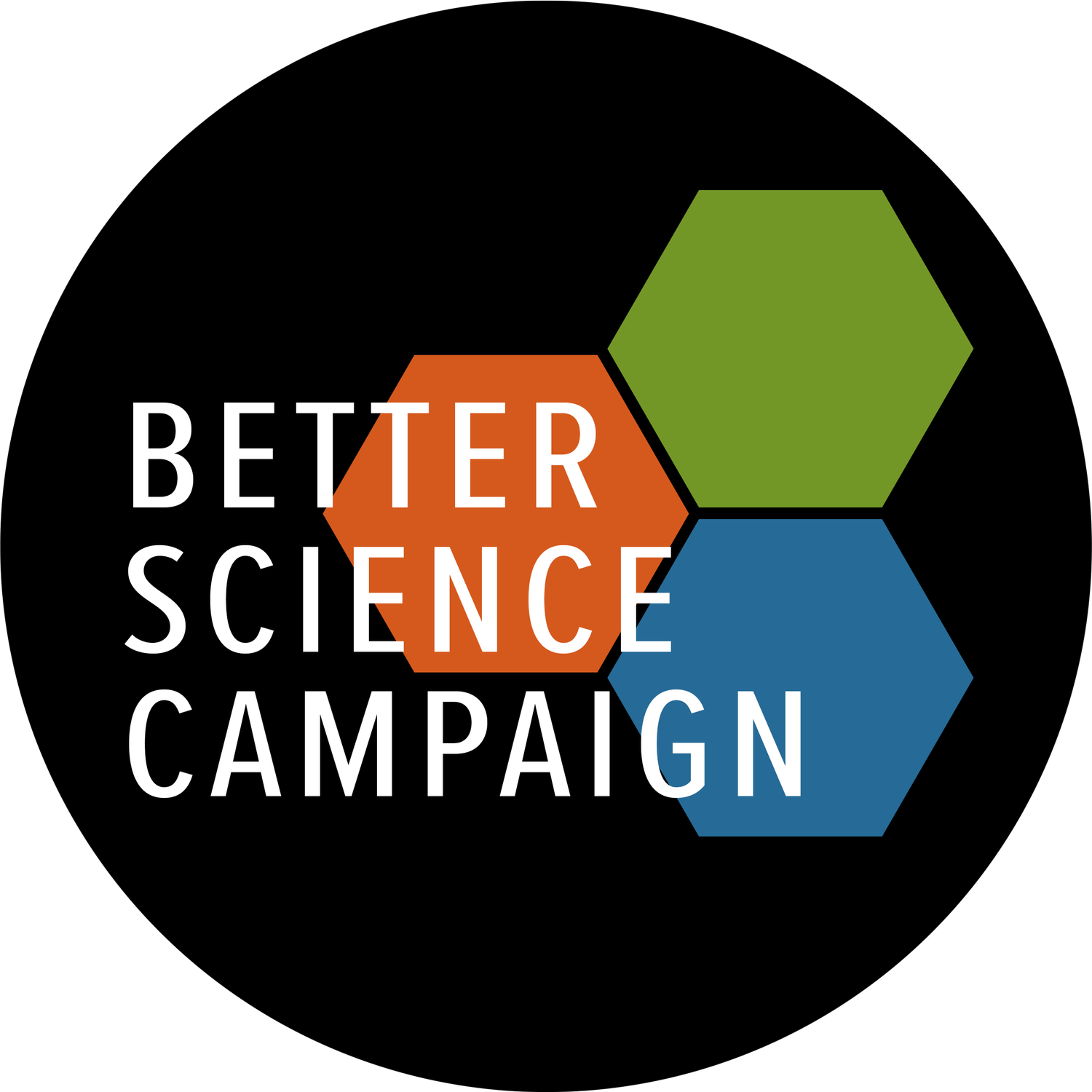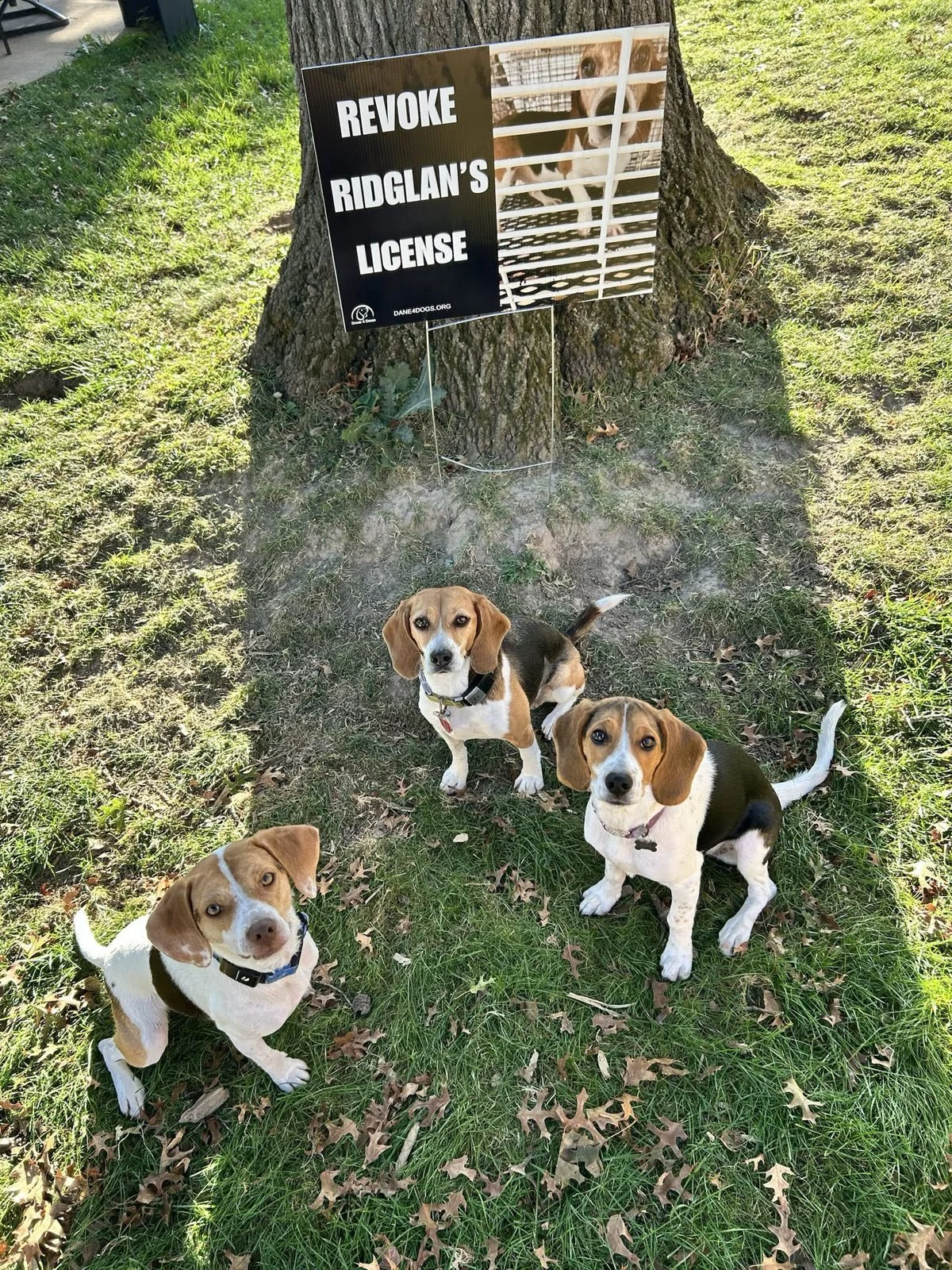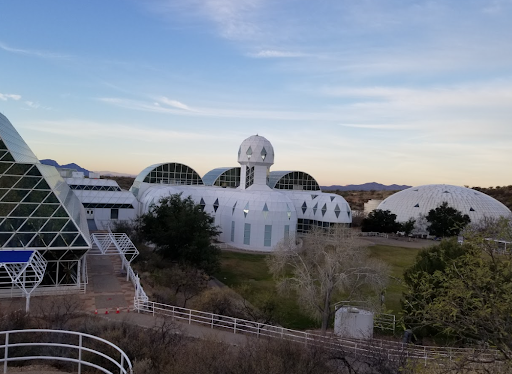BSC November Newsletter
The Better Science Campaign (BSC), is a 501(c)(3) nonprofit organization dedicated to advancing a scientific paradigm that benefits all and protects the vulnerable.
BSC promotes ethical alternatives to animal testing, focusing on collaboration with researchers willing to transition to humane practices. Unlike some groups, we avoid confrontational tactics and emphasize respectful dialogue. Our mission is to work with ethical scientists to eliminate cruel and wasteful animal experiments, prioritizing methods that respect all sentient beings and improve human health. Currently, our efforts are focused on the University of California, Berkeley.
Ridglan Farms to Surrender License After 60 Years of Breeding Dogs for Research
By: Kim Krueger, Board Member of the Better Science Campaign
For almost 60 years, Ridglan Farms in Dane County, Wisconsin, has been one of the nation’s largest breeders of beagles for laboratory use; a quiet but central player in the animal testing supply chain. This month, that system took a historic turn: after years of violations, public outcry, and state scrutiny, Ridglan Farms agreed to relinquish its license to breed and sell dogs for research by July 1, 2026.
A Cascade of Accountability
At the end of September, the Wisconsin Veterinary Examining Board called an Ad-Hoc meeting of the board, where they voted unanimously to suspend Dr. Richard Vandomelen’s veterinary license. A hearing with an administrative law judge is set for November 5th to decide if the suspension will be extended or lifted.
Earlier in October, Wisconsin’s Department of Agriculture, Trade, and Consumer Protection (DATCP) issued 311 violations to Ridglan Farms spanning a three year period. A shocking 308 of those stemmed from cherry eye procedures performed by unlicensed staff, without anesthesia, pain medications, or after care. DATCP offered Ridglan a stipulation: admit the violations, pay a $55,000 fine, and avoid referral for prosecution. Ridglan refused.
On October 23rd, Resolution 119 came in front of the Dane County Board of Supervisors, urging DATCP to revoke Ridglan Farms’ breeding and selling license due to the 311 violations. Many passionate Dane County citizens showed up (several with their former research beagles in tow) and gave powerful public testimony. After extensive discussion, the Board voted 30-5 (with 2 abstentions) to pass the resolution, officially calling on DATCP to act.
Just days later, on October 28th, the Special Prosecutor assigned to investigate Ridglan Farms announced that, to avoid a felony animal cruelty charge, the company had agreed to permanently surrender its license ending their 60 year long business of selling dogs into research. Ridglan’s commercial breeding operations will end by July 1, 2026. The dogs remaining inside those cages can still be sold into research. Any dogs not sold by July 1st will be adopted out, though Ridglan has made it clear they will not adopt any of theirs to groups opposing animal research.
A Turning Point for Wisconsin and Science
For advocates, the decision is both a victory and a challenge. It ensures an end to one of the largest commercial breeding facilities in the country, but it comes too late for the thousands of dogs likely to be sold into research before the deadline. Ridglan has also confirmed plans to continue its in-house research division, retaining the ability to breed dogs for internal experiments.
With both Envigo in Virginia and Ridglan Farms in Wisconsin, the second and third largest dog-breeding facilities for research in the U.S. now facing closure, only one large-scale commercial breeder remains: Marshall BioResources in New York. These closures mark a pivotal shift in public accountability and scientific ethics.
The question now is how research institutions will respond. Will they double down on outdated animal models, or will they seize this moment to invest in the future: one defined by modern, non-animal research methods that are faster, more predictive, and more humane?
As the Better Science Campaign has advocated, the answer should be clear: better science doesn’t require suffering. Wisconsin’s progress is proof that oversight, advocacy, and public engagement can work together to create real change. Now is the time to accelerate that momentum, not only to end the era of breeding dogs for labs, but to build a research system grounded in compassion, innovation, and integrity.
For more information check out these links:
Uniting Space Research and Animal Rights
By Eclipse Diamond, Accounts and Core Organizer of the Better Science Campaign
At UND’s John D. Odegard School of Aerospace Sciences before the ARG-7i mission.
Biosphere 2 in Oracle, Arizona, location of the SAM analog astronaut research facility where the ARG-1S mission took place.
Analog astronaut missions, which simulate spaceflight conditions here on Earth, allow us to explore what long-duration space travel will demand of humans, both physically and psychologically. Crews test technologies, procedures, and living systems designed for habitats on the Moon or Mars. These missions also provide a rare opportunity to observe how humans respond to confined living, limited resources, and challenging decision making, which are all factors that will shape the success of future space exploration.
Whilst earning my Master’s in Space Studies, I joined an analog research group and have since taken part in several missions. I will be participating in another mission this coming January. These experiences revealed a meaningful connection between my research and my commitment to animal rights. Early off-world exploration will necessarily rely on fully plant-based food systems because transporting, raising, and sustaining animals in closed habitats would require far more space, water, and energy than is practical in lunar or Martian environments. The caloric energy humans receive from consuming animals is a net negative when compared with the energy required to grow, feed, and maintain them. Growing plants directly for human consumption is far more efficient and sustainable, and it reduces the need for complex life support adjustments. This also presents a unique opportunity: by making plant-based diets the standard from the outset, we can establish habits and infrastructure that prevent the reintroduction of animal agriculture in future colonies, helping humanity expand into space ethically while minimizing harm to other species.
For my master’s thesis, I focused on the psychological aspects of adopting a fully plant-based diet in an isolated, high-stress environment. I studied how analog astronauts might respond to such a change, looking at attitudes, adaptation patterns, and social dynamics within the crew. Observing these reactions helps guide how real crews might adjust when plant-based diets become standard in off-world habitats, and how mission planning might support these transitions effectively.
Looking ahead, this work suggests a broader possibility: that humanity’s expansion into space could go hand in hand with an ethical evolution here on Earth. By designing sustainable food systems and closed-loop life support, we have the chance to leave behind the use of animals entirely. Analog missions serve as a testing ground not only for technical challenges, but also for developing new approaches to living that are both practical and compassionate. For me, participating in these missions has shown firsthand that exploration and ethics can progress together, and it is inspiring to imagine a future where our ventures beyond Earth reflect the values we strive for at home.




